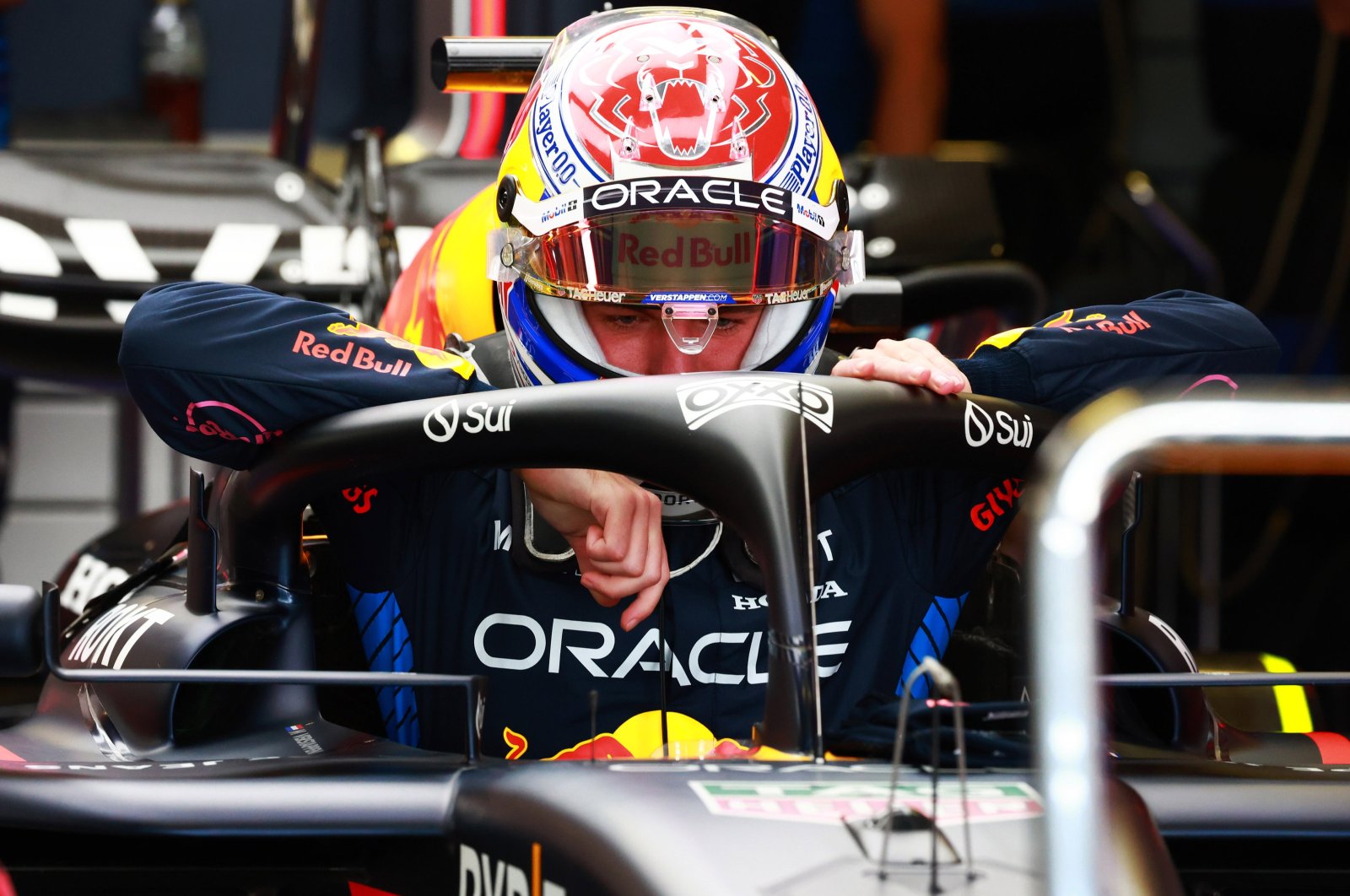
Formula One stewards established a pivotal precedent by punishing Max Verstappen during Sunday's Mexico City Grand Prix, a decision that Mercedes team boss Toto Wolff believes will significantly impact how drivers approach racing.
Red Bull's triple world champion received two 10-second penalties: one for forcing his McLaren title rival, Lando Norris, off the track while defending and another for leaving the track and gaining an advantage.
Just a week earlier in Texas, stewards had supported Verstappen and penalized Norris, who passed him on the outside after being forced off. However, this time, the stewards determined that the champion made an error while defending from the inside.
"A driver will always push to the limit, and when the rules – the execution of the rules or interpretation of the rules – allow a certain way of racing, then a driver like Max is always going to exploit it," said Wolff.
"And I think now there has been a new interpretation and execution of those regulations. I think it will change the way everybody races in the future," added the Austrian. "You won't see that anymore."
Wolff said drivers would have to accept the change.
"I believe that you've probably got to leave space on the outside of the corner if the car is next to you," he explained.
"Braking late and dragging the other car out of the track while also driving off track, I think that's not allowed anymore."
Red Bull boss Christian Horner disagreed and suggested the stewards and drivers need to sit down together and find a solution.
Horner claimed Norris would not have made the corner under normal racing circumstances, given the late braking and speed he was carrying.
"The racing principles for years have been if you have the inside line, you dictate the corner," he said.
"I think it's just important that we don't over-regulate to a point where you encourage a behavior that is not within the guidelines and principles of motor racing."
